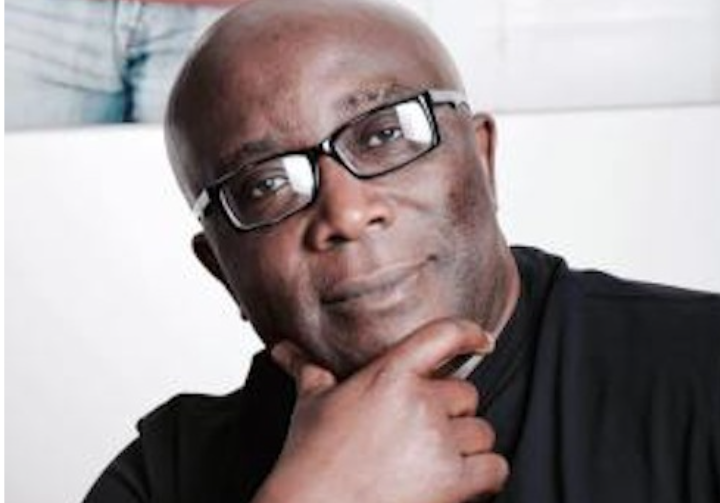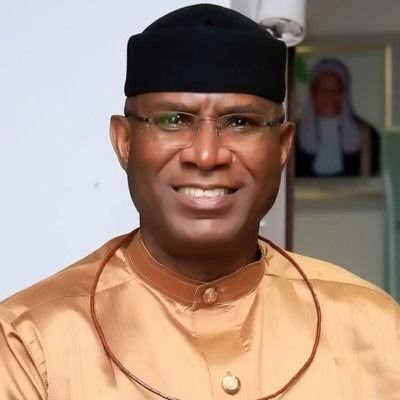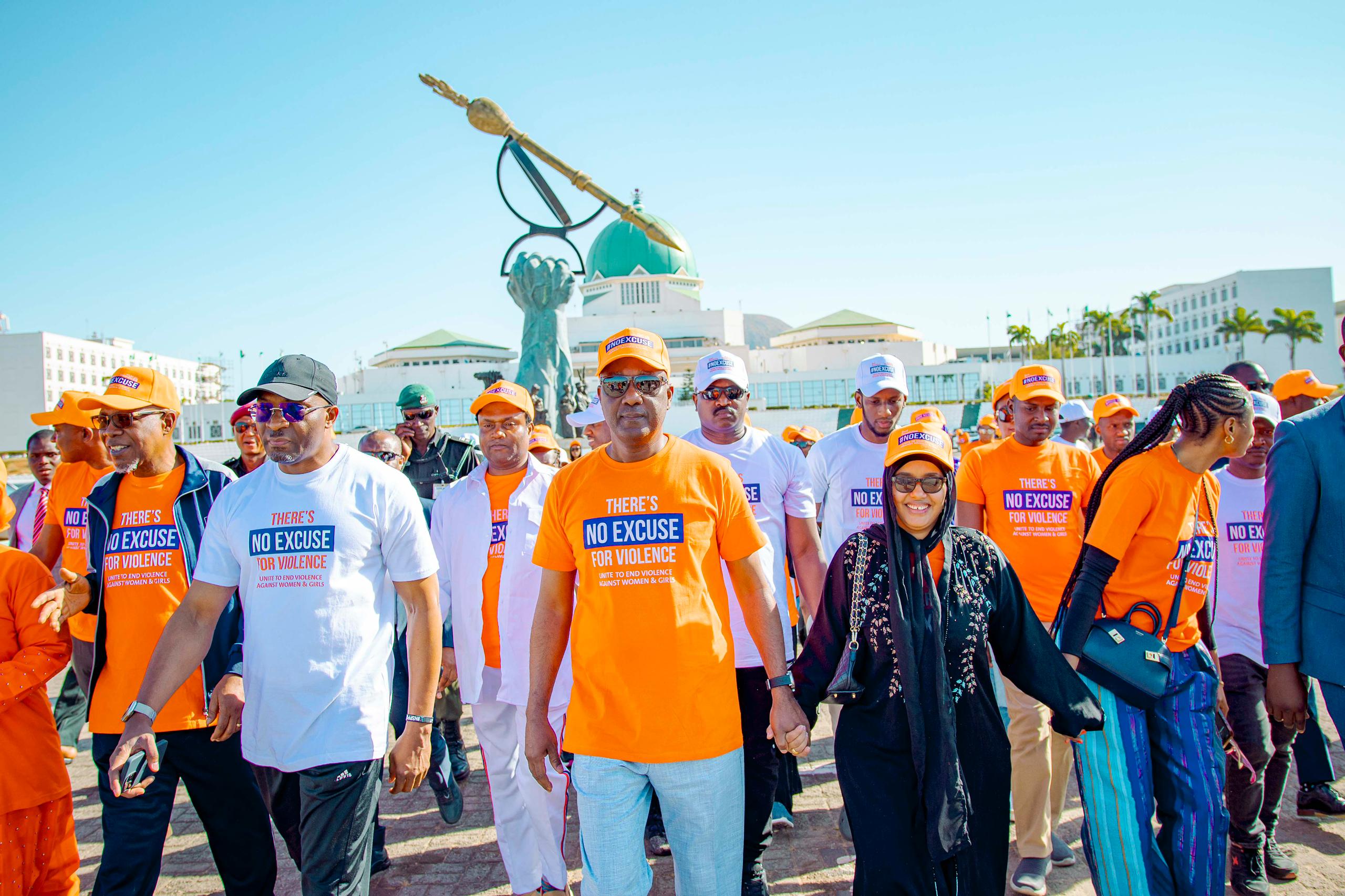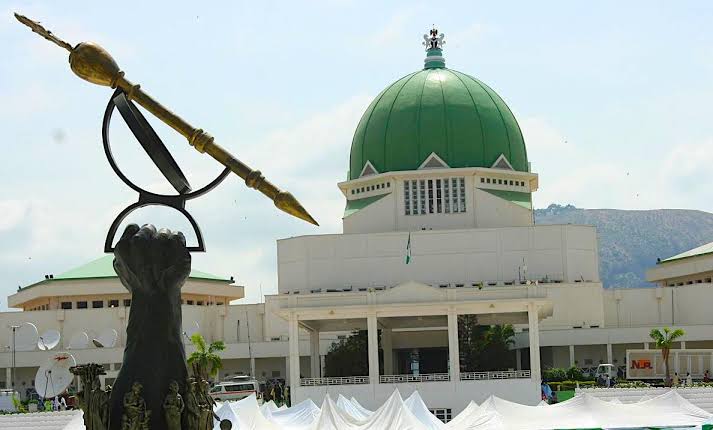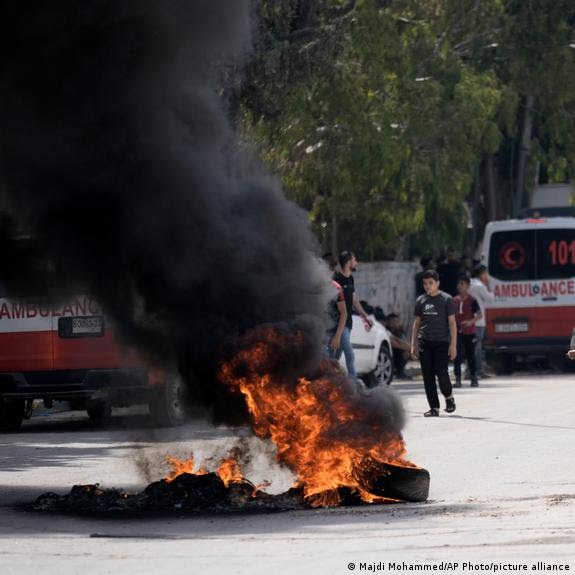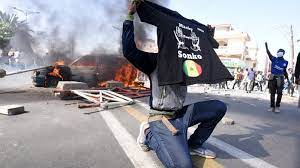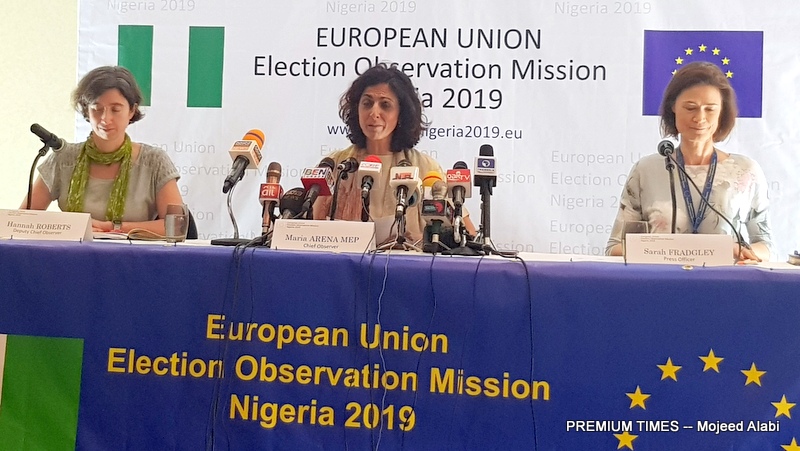For the better part of the last decade and half, Nigeria’s national security status has come to be measured by human casualties. Hardly any day passes without the news headlines featuring stories of gory mass murders and senseless killings. When such news breaks, the question is usually about the scale. How many died? If it is about one or two dead, people move on. Attention and feelings only begin to be incensed when the number of dead is in scores. As a society, our collective humanity has become so inured to the loss of human lives on an industrial scale that we are literally now an insensitive society.
In the last week or so, we have had the Uromi killings of over 18 alleged hunters by local vigilantes. The versions are varied. One says a lorry load of men armed with Dane guns was intercepted by local vigilantes in Uromi, an area of Edo state that has been constantly assaulted by armed ‘strangers’. The armed men who happen to come from the northern parts of our country were killed by the vigilantes. In that single incident, so many aspects of our corporate existence as a national community were abused: citizens’ right to move around freely in their country, the responsibility of locals to guard their safety, the ultimate responsibility of law enforcement to determine who bers arms and for what etc. etc.
In the same week, the familiar inter ethnic and inter communal clashes in Plateau state led to the loss of many lives. All hell was let loose in the state in a now familiar virtual state of emergency in which inter communal communications and interactions in the affected areas have become impossible. Again, religion, livelihood interests and socio cultural troubles were raked up. The Plateau state governor has lamented his loss of security control of many parts of the state to bandits and random armed gangs who have literally outgunned the security forces. Almost simultaneously, similar skirmishes have been reported in nearby Benue state with an attendant loss of yet to be determined number of lives.
In the same week, Governor Zulum of Borno state has cried out about the resurgence of Boko Haram induced violence in many parts of the state. According to him, a new wave of the Sahelian jihadist violence has erupted and is rapidly retaking many parts of the state. Beside these major theatres of violent eruptions, sporadic killings and violence have been reported in places like Zamfara, Enugu and Ebonyi states. These are only recent incidents in a spiral of insecurity and violence that has become a permanent feature of our national scene. Literally, we sleep and wake in a virtual pool of the blood of our innocent compatriots who live in the susceptible areas.
For the past over a decade, every annual national budget has seen spending on defense and security rise astronomically. The pattern of defense spending looks more and more like that of a nation in an openly declared war. Orders of fixed wing combat aircraft, helicopter gunships, missiles, armoured personal carriers and drones have since become part of the annual ritual of our defense and security budgeting. Nothing in our budgeting or defense orders suggests a nation at peace with itself.
Correspondingly, insecurity has come to occupy a permanent place in the rhetoric of our politicians and political actors. Every presidential candidate and virtually every other governorship aspirant has come to include the eradication of insecurity as a priority item in their manifestoes and agenda. There is in fact, a pervasive psychological state in the nation that seems to have come to accept insecurity as a permanent part of our reality. We are a frightened nation. People are afraid of each other. People are afraid to travel along the highways, rail roads or urban alleys. A mood of fear has been added to the prevailing atmosphere of poverty, hunger and economic desperation in the land.
Because our land is among the top five most dangerous places in the world, the military has since become part and parcel of our internal security profile. In virtually all the states of the federation and the Federal Capital Territory, joint patrols of the police and all arms of the military have been joined by Civil Defense, Department of State Security personnel and even local hunters armed with charms and amulets in a daily round –the- clock chase after bandits, jihadists, kidnappers, abductors and sundry “unknown gunmen” in urban and rural parts of the country. Squads of combat joint patrol troops in pickup vans have become a common sight on our roads and streets.
Beyond animated physical chases of bad people by security agents, there seem to be little effort to intelligently interrogate the real causes and patterns of our insecurity. Yes indeed, there is a fancy office of a National Security Adviser (NSA) with a full compliment of the paraphernalia of high power. But it is routinely defied by armed non- state actors who terrorize the populace consistently.
In a nation that has weaponized faith as an instrument of national existence, religious zealots have found it attractive to arm their devotees with assault rifles, Improvised Explosive Devices and suicide vests to advance toxic versions of their faiths. In a nation where the government used to maintain a monopoly of ultimate violence and coercion, the availability of the instruments of violence to all and sundry at a market price has demystified the state. Uniforms have become common outfits made by tailors which should not frighten people. People are no longer afraid of the guns or uniforms of the state.
Non state actors have been emboldened to challenge the state and sometimes even outgun the state. The democratization of the technologies of violence, disruption and destruction through the internet and other dark channels have made the task of the state as possessor of the instruments of ultimate violence more herculean.
Add to this the recent rise of micro nationalism in different parts of the world and the popularization of the ideas of self determination of minorities as part of the rhetoric of international political language. Weapons of war and their random deployment by all manner of militias and separatist non- state forces have become part of the language of international political interaction. A new dictum of sovereign assertion has emerged: “We shoot, therefore we are.”
Most dangerously, in parts of the developing world, politicians have come to be agents of insecurity because insecurity itself has also become a tool in the quest for political ascendancy and apex power. Investment in non- state violent expressions has become attractive to politicians and professional trouble makers. It is common knowledge in Nigerian politics that in successive years, politicians have been known to import military uniforms, assault rifles, light arms and tear gas grenades to threaten and frighten and intimidate their opponents.
Thus overwhelmed by rival coercive forces, the state has buckled and weakened under the pressure of violent intimidation. In the process, merchants of trouble and blood have forced the state to cede them space in an illicit power sharing arrangement. Bandit leaders have signed MOUs with elected governors literally ceding parts of the territories of states to bandits and terrorists. Farmlands have been known to be ceded to bandit squads as concessioned territories for revenue collection. Farmers have to pay bandits to plant, weed and harvest their crops.
In the process of this parade of illegitimacy, our society has created and tacitly come to recognize new categories of errant citizens and outlaws. We have seen the emergence of new types and archetypes of the anti social hero- Unknown Gun men, Gun Men, Bandits, Cultists, Yahoo Boys, Kidnappers etc. These categories literally wear their badges with swagger and a certain degree of ‘pride’. It is worse when each of these illicit undertakings yields troves of cash in returns. A society that has come to enthrone the worship of money is prepared to do obeisance before these new deities of money and power.
On the social and cultural canvas, an insensitivity to blood and human suffering has come to characterize our new collective psychology.
Capturing people like animals, maiming them with pleasure and dismembering them no longer frightens people. New forms of trade have emerged. Trade in human parts for money rituals, human sacrifice to facilitate success in cybercrime ventures, the use of rape to test male prowess and access to supernatural powers is now a vogue in some parts. A new generation of Nigerian youth sent to universities to partake in the wonders of modernity in science and technology are ending up as ritualists, rapists, voodoo priests, campus cultists and all the direct opposites of the aims of modern higher education. A society suffused in religious superstition and all manner of prehistoric beliefs rolls out the red carpet for the new heroes who are then rewarded with lavish accolades, traditional titles and honours.
In a society where literally everything is a form of organized crime, even the fight against violence and insecurity has itself become a form of organized crime. Security has become an industry in itself. Security personnel collude and collaborate with kidnappers, abductors and bandits to facilitate their operations in return for a commission. Field commanders have been known to trade in intelligence that endangers their men in return for cash.
Sometimes, commanders sit on the allowances of their subordinates. Racketeering in defense and security budgets are not strange to generals who aspire to retire as billionaire real estate moguls and big business people. All this fits snuggly into a socio economic ecosystem in which corruption has since become the other name of public service and state assignments.
Even our cash hungry banking system has informally recognized kidnapping ransom as a source of cash deposits. Ransoms are paid into known bank accounts and hardly any kidnapper- related arrests have been effected through information provided by the banks.
For the police, combating violence and insecurity has become more than the business of maintaining law and order. It is not even crime fighting in its classic meaning.
For the military, the nation is neither at war nor at peace. It is in a state of “no man’s land”, a never never land where everything goes and all is fair in a war neither declared nor absent. This is a new abnormal.
Yet we cannot accept that this nation is chained to a permanent cycle of violence and insecurity. But in order to restore the sanity of our polity and the values of our society, we need to tackle our insecurity differently. Chasing after squads of bandits with squads of armed soldiers in pickup vans will yield nothing. Deploying drones manned by illiterate soldiers will only lead to more collateral casualties. Bombing villagers in their natural habitats does not recognize the humanity of the defenseless. Killing innocent villagers with sophisticated American fighter jets will harden the hearts of the people against an uncaring state. A headcount of casualties of such reckless bombings in the name of ‘anti insurgency’ is a violation of human rights. Indiscriminately branding innocent casualties as “dead terrorists and bandits “ is an insult on innocent Nigerian villagers simply for the crime that they cannot defend their identity and rights in the English language.
Let us be fair to some chapters of the Nigerian state in the past. Serious concern about insecurity has been part of state thinking for decades. The most systematic was under the Babangida military regime. Towards the end of its tenure, the idea of a National Guard was being implemented. The recognition was that the Nigerian state was not a fully settled idea. There were too many grey zones and areas of unresolved nationalism. Neither the police nor the military was equipped to deal with these unsettled areas. The police was considered too tepid and civil while the military was designed for a more aggressive engagement with outright external enemies. There was a need for an intermediate force to manage the unresolved areas of our nationalism such as the farmer-settler issues in the Middle Belt, the unresolved animosities of the Biafran secession, the seething anger of the porous oil and gas rich Niger Delta and the highly exposed Sahelian northern fringes bordering North Africa. These were the residual tasks of the National Guard.
In subsequent years, the idea of the National Guard was dropped even before it was ever tried in the field. Later civilian dispensations thought of Community Policing but lacked the political will to fully articulate or implement it. Recently, the idea of a State Police structure was considered. No one knows what has become of that idea which is fraught with political and conceptual booby traps.
While the dithering continues, violent insecurity has spread to previously unlikely places like the Federal Capital Territory of Abuja, now the setting for abductions, kidnappings and senseless killings of people even in their very homes.
There is no escaping a serious intelligent conversation about violence and insecurity in our land. Fancy military hardware and fiery political rhetoric cannot replace the power of serious thought to restore our humanity as a nation. The abiding question now is: when shall we be serious enough to remove insecurity from our political agenda by ending it permanently in our reality?
